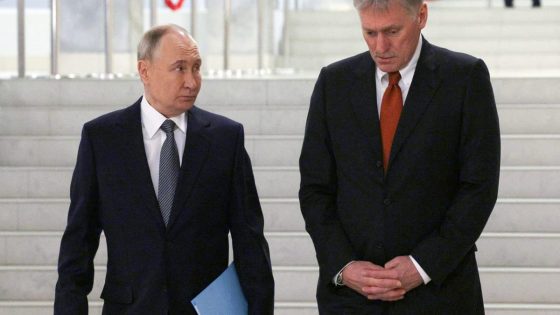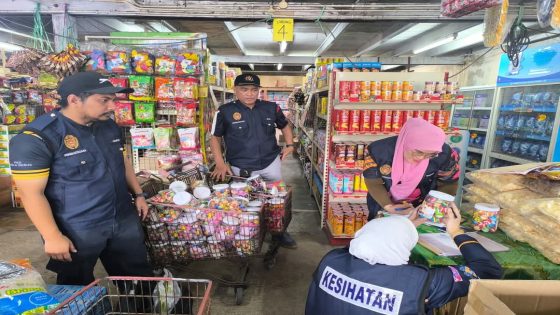In a significant ruling on February 19, 2025, Justice Dias Toffoli annulled all processes against former Minister Antonio Palocci related to the Lava Jato operation. This decision raises questions about the implications for anti-corruption efforts in Brazil. What does this mean for political accountability in the country?
- Toffoli cancels cases against Palocci.
- All Lava Jato acts against Palocci annulled.
- Delação remains intact despite annulments.
- Toffoli criticizes 'destroyed right to defense.'
- Multiple news outlets report on Palocci case.
Implications of Toffoli’s Decision on Brazil’s Anti-Corruption Efforts
How will the annulment of charges against Palocci affect Brazil’s ongoing battle against corruption? With this ruling, many are left wondering if justice can truly be served. The decision not only impacts Palocci but also sets a precedent for future cases involving high-profile figures.
Understanding the Context of the Lava Jato Operation
The Lava Jato operation has been pivotal in exposing corruption in Brazil. However, recent developments raise concerns about its effectiveness. Here are some key points to consider:
- The annulment affects not just Palocci but also the broader anti-corruption narrative.
- Maintaining the plea deal indicates that some accountability remains.
- Public trust in judicial processes may wane as a result of this decision.
- Future cases may be influenced by this ruling, potentially complicating anti-corruption efforts.
Palocci’s Role in the Lava Jato Scandal: A Brief Overview
Antonio Palocci, a former finance minister, was a key figure in the Lava Jato scandal, which unveiled extensive corruption involving government officials and businesses. His involvement and subsequent plea deal were seen as crucial for prosecuting other high-profile individuals. However, with the annulment of charges, many are questioning the future of similar cases.
The Future of Anti-Corruption Measures in Brazil
As Brazil grapples with this ruling, the future of anti-corruption measures remains uncertain. Will this decision embolden corrupt practices, or will it lead to a reevaluation of how such cases are handled? The outcome could shape Brazil’s political landscape for years to come.
Comparative Insights: Brazil and U.S. Anti-Corruption Efforts
While Brazil faces its challenges, the U.S. has also dealt with significant corruption cases. Comparing these situations can provide valuable insights. Both countries struggle with public trust and legal accountability, but their approaches differ. Understanding these dynamics can help inform future strategies in combating corruption.





























